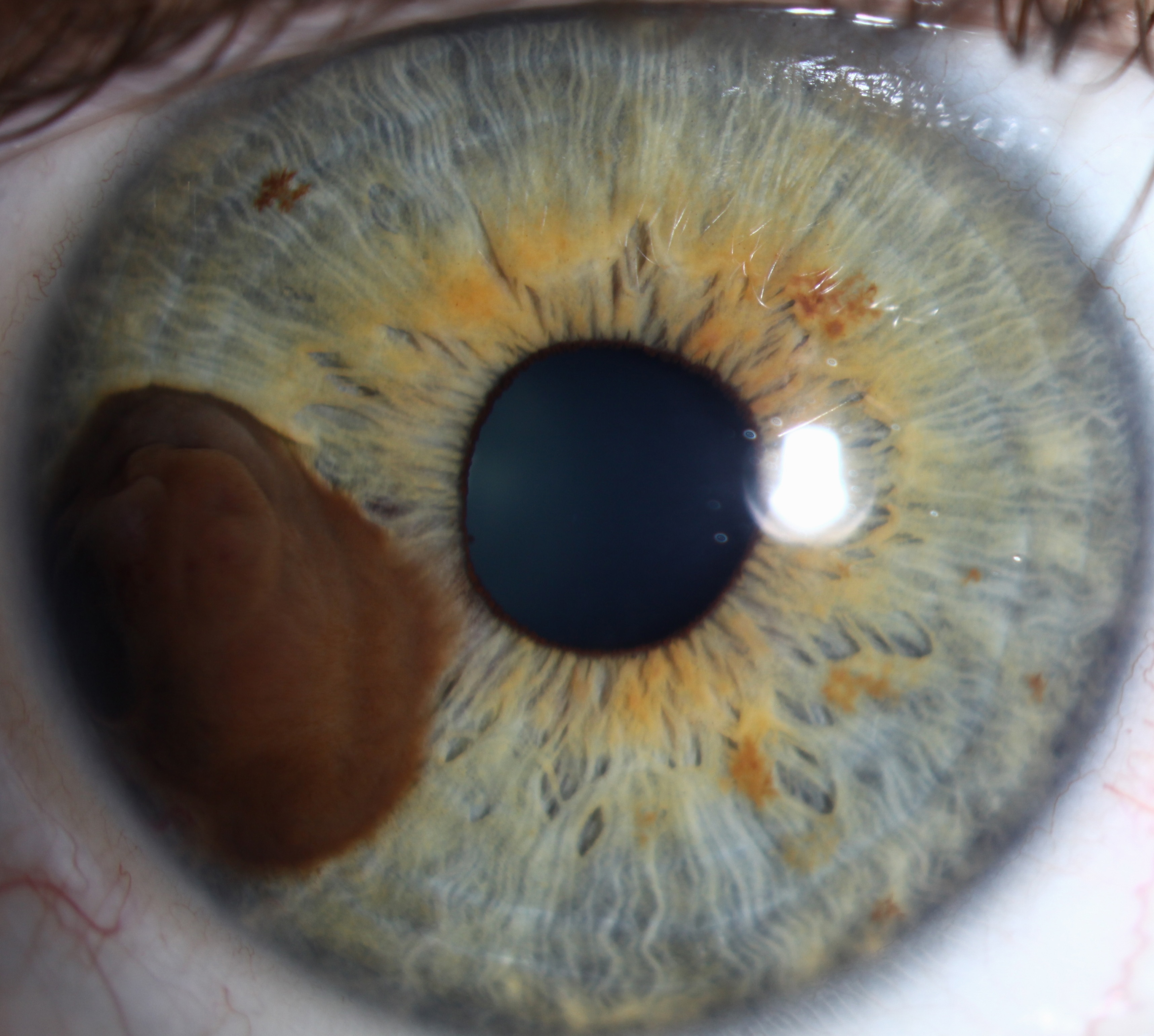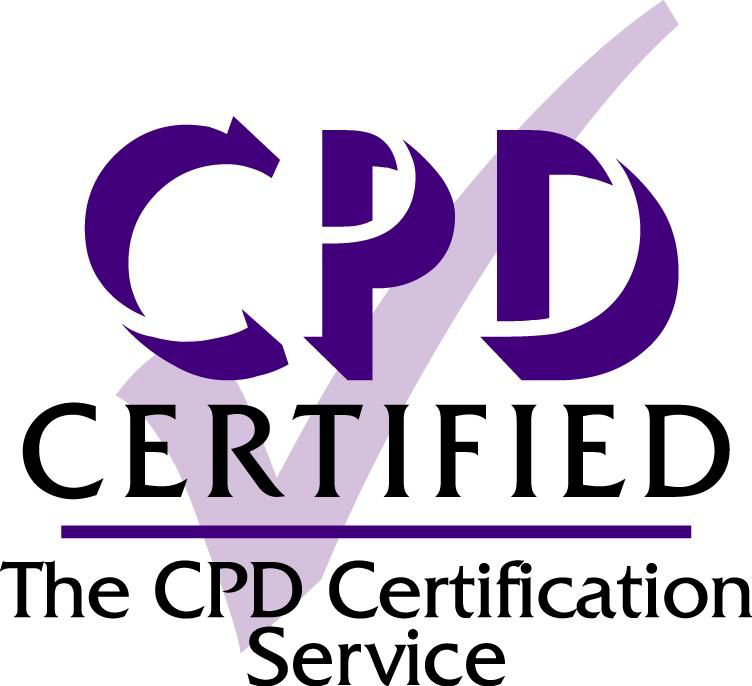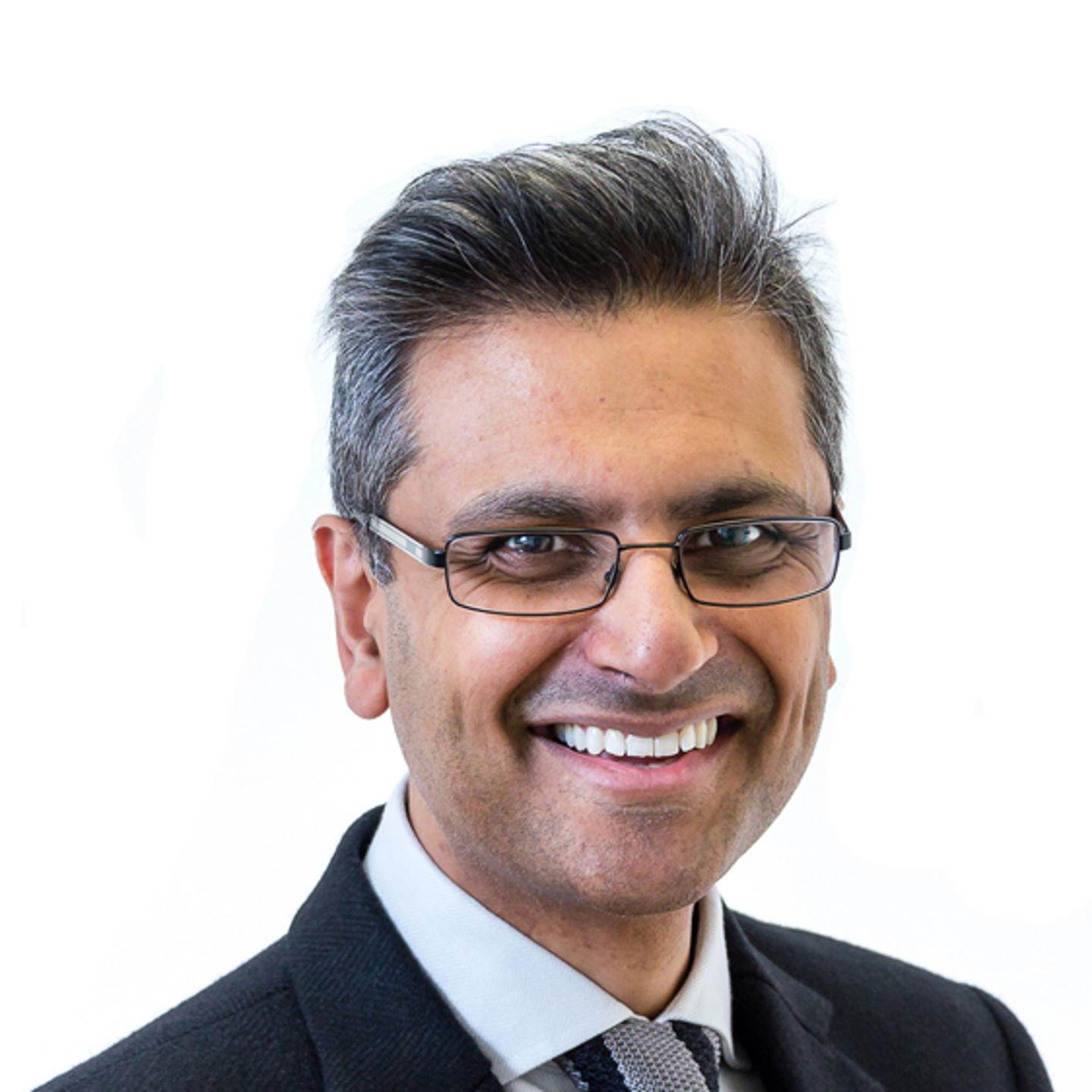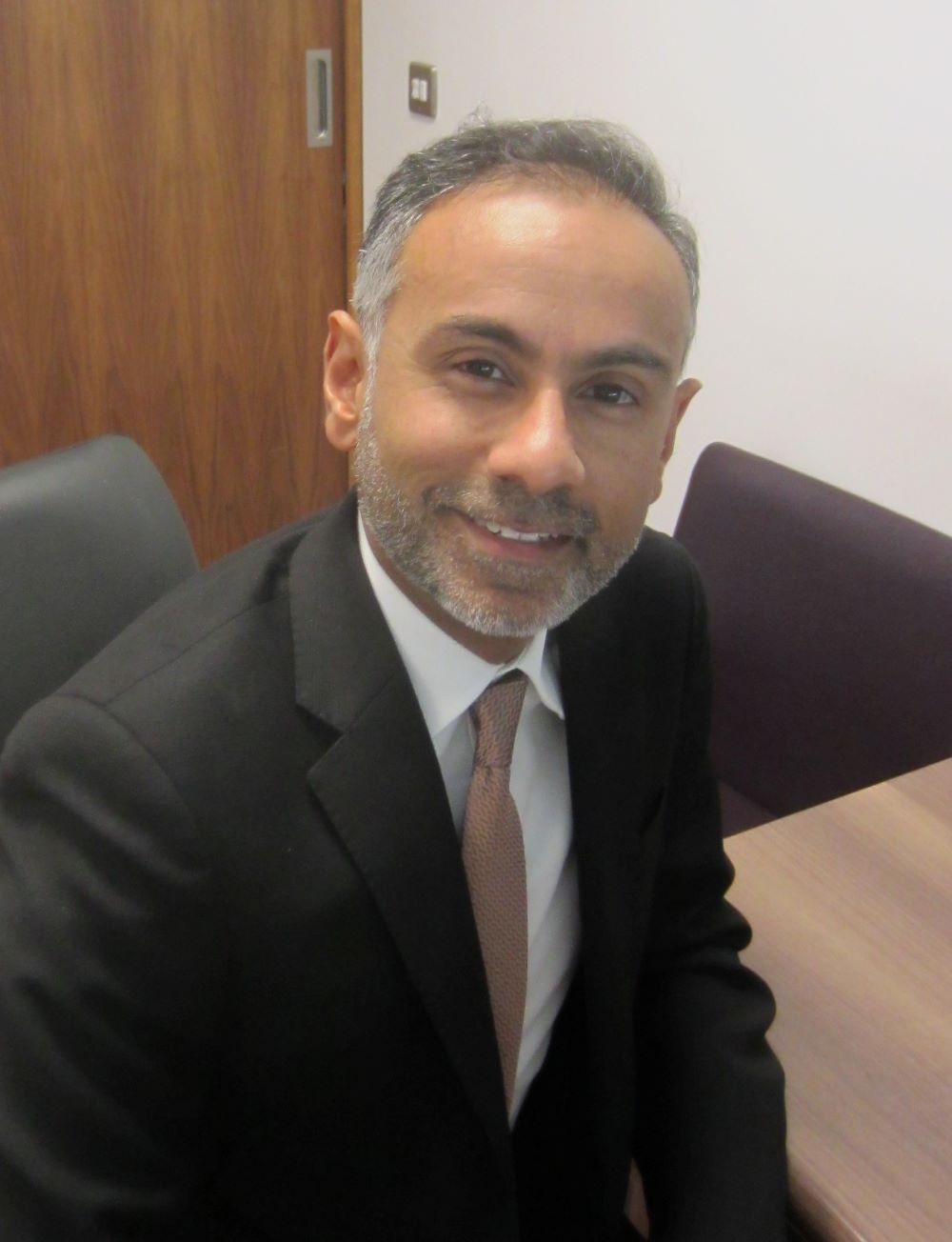
Ocular oncology for the non-ocular oncologist: what you need to know for clinical practice
This course is designed for clinicans working in the hospital or community setting who wish to gain more knowledge into lumps and bumps in the eye.
The course will teach the attendees how to assess and identify tumours, how to refer, how to manage follow ups, top diagnostic tips and tricks, and will provide a framework for clinical practice.
One in 20 eyes carries some form of lesion and so it is essential that practitioners can competently assess ocular tumours and know what to refer and when. The course tutors are all senior ocular oncologists within the London Eye Cancer Service.
Featured topics
- How to assess and diagnose ocular tumours
- How to refer patients to an ocular oncology centre
- Use of the MOLES score for choroidal naevi
- Current management of ocular cancers
- Benign simulating lesions in general ophthalmic/optometric practice
- Vascular tumours
- How to monitor patients after treatment
- How to set up a reginal diagnostic ocular oncology service
- Retinoblastoma.
A full programme will appear on this page in due course.
Who should attend
This course is aimed at ophthalmologists, trainees, optometrists and medical retina specialists.
Attendees will receive a free copy of the 75-page Essential Adult Oncology Guide for practitioners, written by Bertil Damato, Gordon Hay, Amit Arora, Guy Negretti and Mandeep Sagoo.
Your course tutors
Course lead: Dr Gordon Hay, Ocular Oncologist.
Course directors: Beatrice Gallo, Consultant Ocular Oncologist, Rodrigo Anguita, Consultant Onco-Vitreoretinal Surgeon, Professor Bertil Damato, Consultant Ocular Oncologist, Professor Mandeep Sagoo, Professor of Ophthalmology and Ocular Oncology, Guy Negretti, Consultant Ophthalmic Surgeon, Lamis Alharby, Ocular Oncologist & Ophthalmic Surgeon, Amit Arora, Ocular Oncologist, James Gooch, Head Ultrasonographer at Moorfields Eye Hospital NHS Trust.
Plus, Ashwin Reddy, Consultant at Barts Health NHS Trust and Moorfields Eye Foundation Trust Hospital.
Learning objectives
- Understand examination and diagnostic techniques in ocular oncology
- Understand ocular ultrasound and its use in ocular oncology
- Understand how to refer patients to ocular oncology and how to monitor them in your clinic once treatment is finished
- Understand how to set up naevus clinics and regional diagnostic ocular oncology referral clinics
- Ocular surface tumours
- Squamous cell: Papilloma, OSSN
- Melanocytic: Naevus, Melanoma, Primary acquired melanosis, racial melanosis
- Lymphoid: benign reactive lymphoid hyperplasia and lymphoma
- No touch surgery
- Adjuvants – topical chemotherapy, radiotherapy, cryotherapy
- Special considerations of paediatric ocular surface tumours
- Choroidal tumours
- Naevus
- Melanoma and its management
- Radiotherapy (brachytherapy and proton beam RT)
- Laser
- Resection
- Enucleation
- Systemic aspects
- Haemangioma
- circumscribed
- diffuse and Sturge Weber Syndrome
- Osteoma
- Retinal pigment epithelial tumours
- CHRPE
- Simple hamartoma
- Combined hamartoma and Neurofibromatosis
- Retinal tumours
- Retinoblastoma and its management (chemotherapy, local treatments, RT)
- Retinal capillary haemangioma and von Hippel Lindau Syndrome
- Astrocytic hamartoma and Tuberous Sclerosis
- Racemose haemangioma and Wyburn-Mason Syndrome
- Retinal cavernous haemangioma
- Lymphoma
- Vitreoretinal lymphoma
- Choroidal lymphoma
CPD Certification
A CPD certificate of attendance will be awarded at the end of the course.

Book Now
| Date | Location | Time | Seats | Price | |
| Friday 8 May 2025 | In person - 15 Ebenezer Street, London N1 7NH | Consultant registration | £395.00 | ||
| Friday 8 May 2026 | In person - 15 Ebenezer Street, London N1 7NH | General registration | £295.00 | ||
| Friday 8 May 2026 | Online via MS Teams | General registration | £225.00 | ||
| Friday 8 May 2026 | Online via MS Teams | Consultant registration | £325.00 |
Course fees
Taught by

Gordon Hay
Gordon Hay has worked in Ocular Oncology for 20 years. He first worked with Mr John Hungerford & Dr Judith Kingston in the Ocular Oncology and Retinoblastoma Services at Bart's Hospital having undertaken his basic training in Ophthalmology/Ocular Oncology at Barts & The London. Dr Hay then had a career break in Australia - where he spent several years as a single-handed flying doctor and rural Medical Superintendent and Government Medical Officer in Queensland. He returned to the UK in 2004 to take up a post in Adult Ocular Oncology at Barts Hospital. In January 2015 he moved to the world-renowned Moorfields Eye Hospital where he specialises in A&E (Emergency Ophthalmology) and Ocular Oncology - working in Mandeep Sagoo’s Professorial Ocular Oncology Unit. For many years Dr Hay ran the Ophthalmology component of the Cambridge Graduate Course in Medicine. He also has 16 years' experience of teaching/lecturing to Ophthalmology trainees, Optometrists and GPs on all aspects of clinical care and examination skills. Gordon has been the clinical director of the Emergency Department since November 2019. He lectures widely to Ophthalmic trainees and optometrists on Ocular Oncology and A&E in the United Kingdom. He also has a keen interest in primary care ophthalmology and Community Optometry Service Delivery and is a keen proponent in up-skilling in the community setting. Gordon is the Service Director for A&E/Urgent Care Services at Moorfields Eye Hospital and in February 2020, was appointed Deputy Director of Education at UCL Institute of Ophthalmology. He also lectures on the UCL M.Sc. in Ophthalmology Course in Emergency Ophthalmology and Ocular Oncology and runs the UCL Summer School in Ophthalmology. Dr Hay has won numerous awards over the past few years in his A&E role and has successfully transitioned his department into the digital sphere. Moorfields A&E Has garnered 5 major national awards for Emergency Eye care - including Health Service Journal Top A&E department in the UK, Second top for trainee education in the UK, and UCL as top higher institution in the world to study ophthalmology. He is a keen proponent in upskilling ancillary staff and has incorporated advanced nursing and optometrists practitioners into the A&E setting. His department has also won three digital awards for the Attend Anywhere virtual A&E service. In September 2022 he became Associate Professor at the UCL Institute of Ophthalmology.

Bertil Damato
Bertil Damato received his undergraduate education in Malta, where he was born, and his postgraduate training in ophthalmology and ocular oncology at the Tennent Institute of Ophthalmology in Glasgow. He is currently Consultant Ocular Oncologist at Moorfields Eye Hospital and Oxford Eye Hospital. In 1993, he established the Liverpool Ocular Oncology Centre, which he directed for 20 years. From 2013 to 2018, he was Professor of Ophthalmology and Radiation Oncology and Director of the Ocular Oncology Service at the University of California, San Francisco and from 2022 to 2024 he was Consultant Ocular Oncologist at St. Eriks Eye Hospital/Karolinska Institutet, Stockholm. Professor Damato has served as President of the European Ocular Oncology Group, the European Vision and Research Association and the International Society of Ocular Oncology. His main research interests relate to ocular oncology, particularly ocular melanoma. He has published more than 340 scientific articles and authored or co-edited several textbooks. Professor Damato has received a number of awards, which include the Bjerrum Medal in Denmark, the Cohen Medal in South Africa, the Watson and Ashton Medals in the UK, the Shields Medal in Hong Kong and the Stallard Medal of the International Society of Ocular Oncology. He is married to Frankanne and has two children, both doctors.

Mandeep Sagoo
Professor Mandeep Sagoo is a consultant ophthalmologist with clinical practice in the management of adult and paediatric eye tumours at Moorfields Eye Hospital, St. Bartholomew’s Hospital and the Royal London Hospital, Harley Street, London, UK and Portland Hospital. He also holds an academic appointment at UCL Institute of Ophthalmology. Professor Sagoo graduated from the MB, PhD programme of Cambridge University, with a PhD in retinal electrophysiology at the MRC Laboratory of Molecular Biology in Cambridge. He underwent Ophthalmology residency training at Oxford and at Moorfields. He trained in Ocular Oncology, as a Fulbright Scholar, under Drs Jerry and Carol Shields at Wills Eye Institute, Philadelphia, USA, and Medical Retina Fellowship at Moorfields, before being appointed to his current position in London in 2008. He has written 5 book chapters and over 35 academic papers, including in the journal Nature. Honours and awards include a Fulbright scholarship to the USA, John Glyn Young Fellows Prize of the Royal Society of Medicine, the Syme Medal of Royal College of Surgeons of Edinburgh and the Honour Award of Greek Vitreoretinal Society. He is a Fellow of the Royal College of Surgeons of Edinburgh and a Member of the Royal College of Ophthalmologists. He is an International Member of the American Academy of Ophthalmology and Member of the European Society of Retina Specialists. He was also elected to membership of the Macula Society, Council Membership of Oxford Ophthalmological Congress and recent election to serve as Honorary Secretary of the International Society of Ocular Oncology.

Guy Negretti
Guy Negretti is a consultant ocular oncologist specialising in paediatric and adult ocular oncology at Moorfields Eye Hospital and the Royal London Hospital. He also works as a consultant vitreoretinal surgeon at Surrey and Sussex Healthcare NHS Trust. His undergraduate degrees were in Biological Science and Medicine from both Oxford and Cambridge Universities. Following core ophthalmic training in London he undertook three years of sub-specialty fellowship training at Moorfields and the Wills Eye Hospital, Philadelphia in ocular oncology and vitreoretinal surgery. He is the fellowship director for ocular oncology at Moorfields and college tutor for ophthalmology in Surrey, responsible for the training of trainee ophthalmologists at all levels of their career.
Lamis Alharby
Lamis Alharby is an ocular oncologist and ophthalmic surgeon at Moorfields Eye Hospital and an honorary consultant at St. Bartholomew's Hospital in London, UK. With over 10 years of experience, she specialises in the clinical management of conditions ranging from uveal tract melanoma to ocular surface neoplasia and retinoblastoma. Lamis Alharby operates the Naevus Service at Moorfields Eye Hospital, providing expert care in this specialised area. She holds a Doctor of Philosophy (PhD) degree in Ocular Oncology from the University College London (UCL Institute of Ophthalmology), where her research focused on 'Technological Advances in the Diagnosis and Management of Pigmented Fundus Tumours.' Lamis Alharby began her medical journey at Ovidius University in Romania and subsequently completed her Ophthalmology residency training at Ludwig-Maximilians Universität München (LMU) in Germany. She furthered her expertise through clinical and research fellowships in Ocular Oncology at Moorfields Eye Hospital in London, UK. For over 20 years, Lamis Alharby has maintained a strong affiliation with the Ministry of Health in the United Arab Emirates, where she contributed to enhancing medical care in the country and sharing her knowledge. She is a member of several professional organisations, including the International Society of Ocular Oncology, the American Academy of Ophthalmology, the Royal College of Ophthalmologists, the International Society of Paediatric Oncology, and the Association for Research in Vision & Ophthalmology. With more than 30 academic papers, Lamis Alharby's main research interests encompass ocular oncology, eye melanoma, primary and secondary eye cancers, naevus, and a particular focus on applying Artificial Intelligence in ocular oncology.

Ashwin Reddy
Mr M. Ashwin Reddy leads the Retinoblastoma service in London, UK at the Royal London Hospital, Barts Health NHS Trust and is a honorary consultant at Moorfields Eye Hospital Foundation Trust.. He undertook his medical degree at Cambridge University, UK and trained in ophthalmology in the UK with further paediatric ophthalmology & retinoblastoma subspecialisation in Toronto, Canada. His MD thesis is from the Institute of Ophthalmology, London on the molecular genetics of inherited cataract. He has an active interest in research with over 100 publications. He helped develop and support retinoblastoma and paediatric ophthalmology services in Zimbabwe, Malawi, Nigeria and Indonesia. He chairs the European Retinoblastoma Group.

Amit Arora
Mr Amit Arora has worked in Ocular Oncology for over 25 years. He graduated from Royal London Hospital Medical College, then completed training in London & Essex. He joined with Mr John Hungerford & Dr Judith Kingston in the Ocular Oncology and Retinoblastoma Services at Bart's Hospital in 1999. He is also an Honorary Consultant at St Bartholomew’s Hospital. In 2015 he moved with the service to the Moorfields Eye Hospital where he specialises in Adult and Paediatric Ocular Oncology. He enjoys teaching medical students, ophthalmic trainees and optometrists on Ocular Oncology in the United Kingdom and abroad. He is the Digital Lead for the Oncology Service, working on all IT matters. He also lectures on the UCL M.Sc. in Ophthalmology Course in Ocular Oncology and in the UCL Summer School in Ophthalmology and runs the Ernest Withers Prize Examination at Barts and the London medical school. He is currently serving his second term as Staff Governor for the City Road site, working in the Membership Council and Nomination & Renumeration Committee. He also volunteers his time for an Ophthalmic Charity in China, seeing patients, operating and training others in urban and rural areas across the country. others in urban and rural areas across the country.


